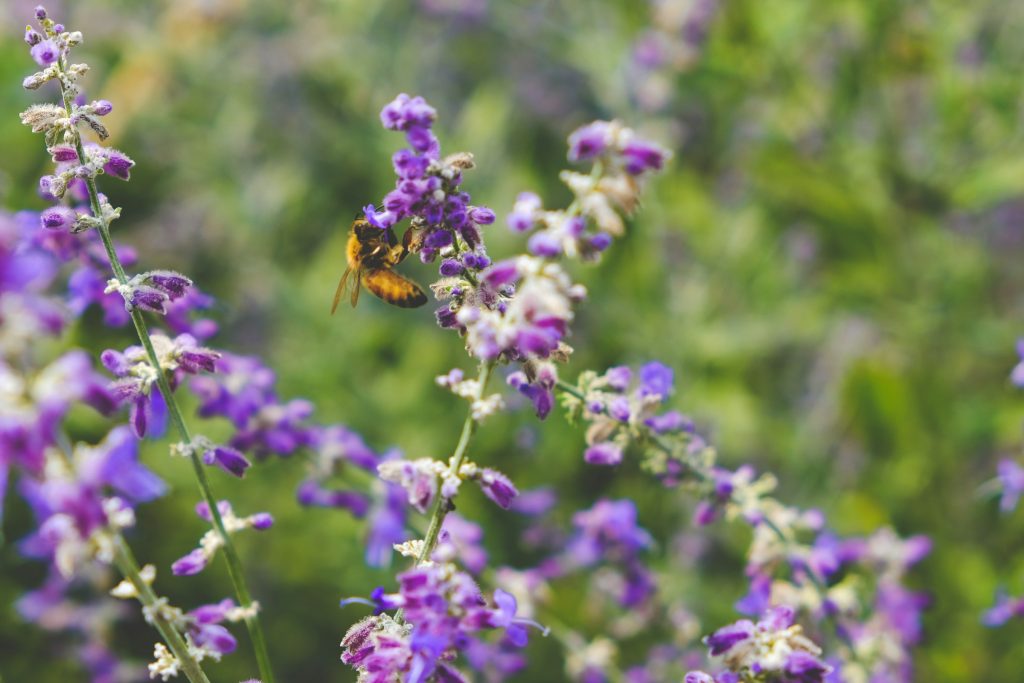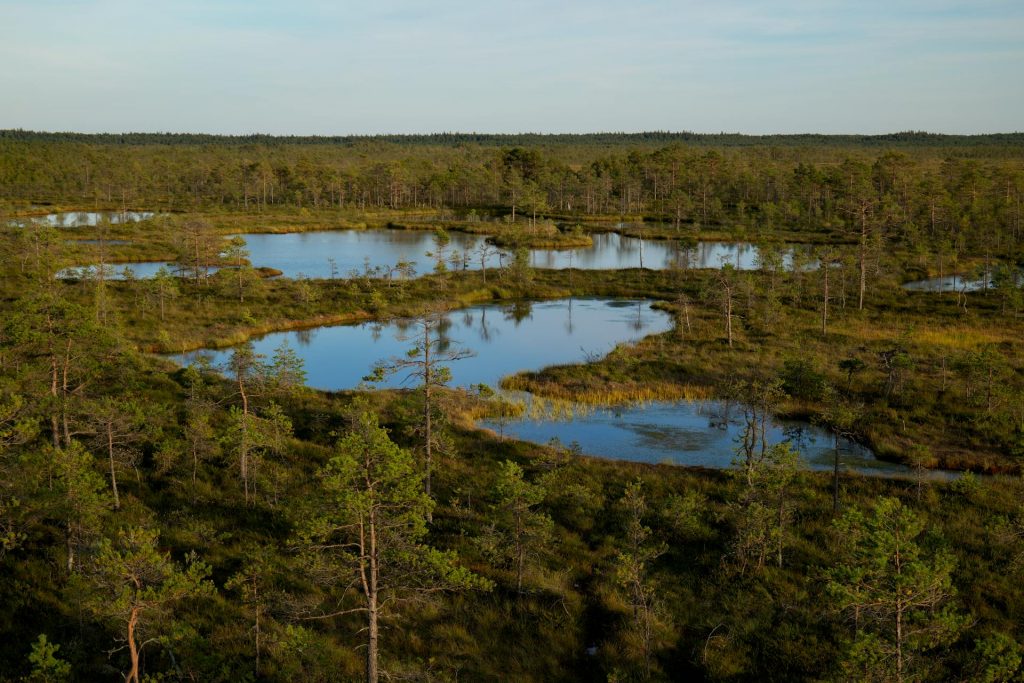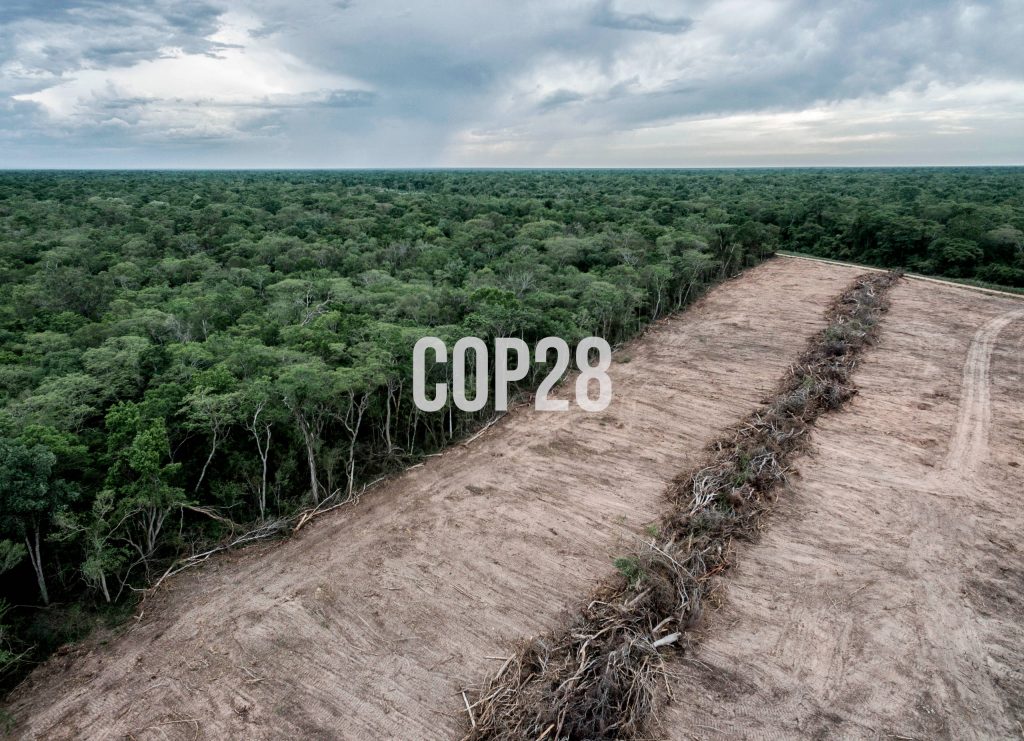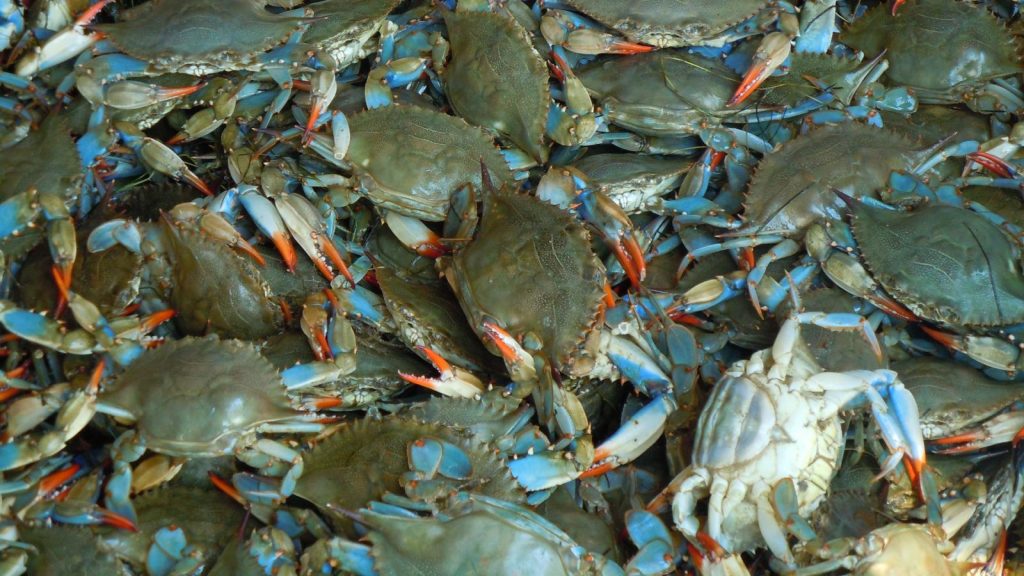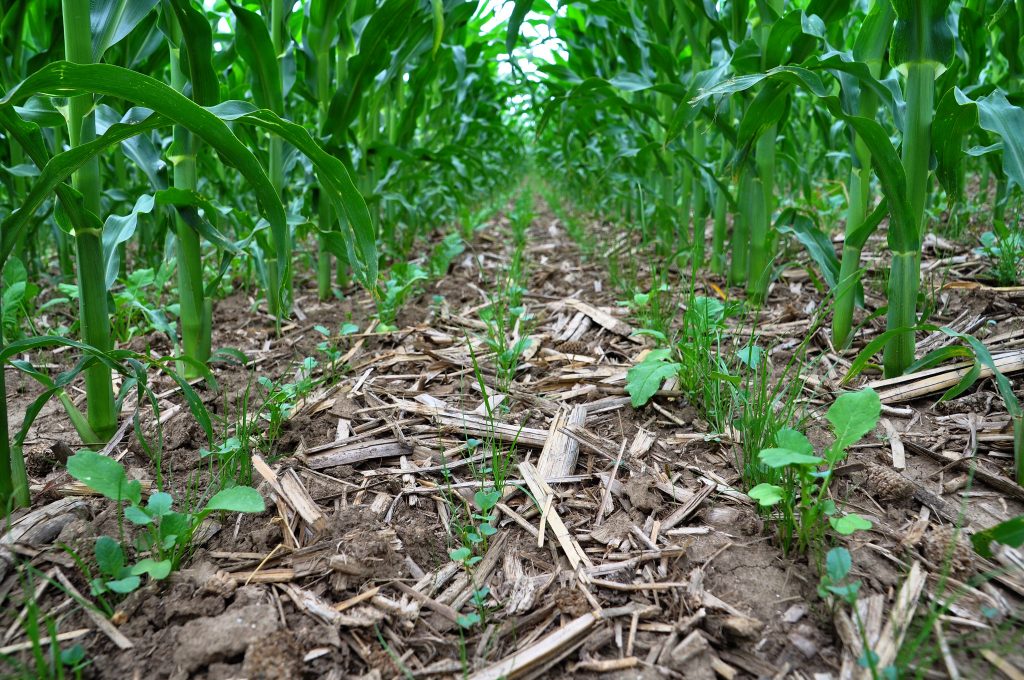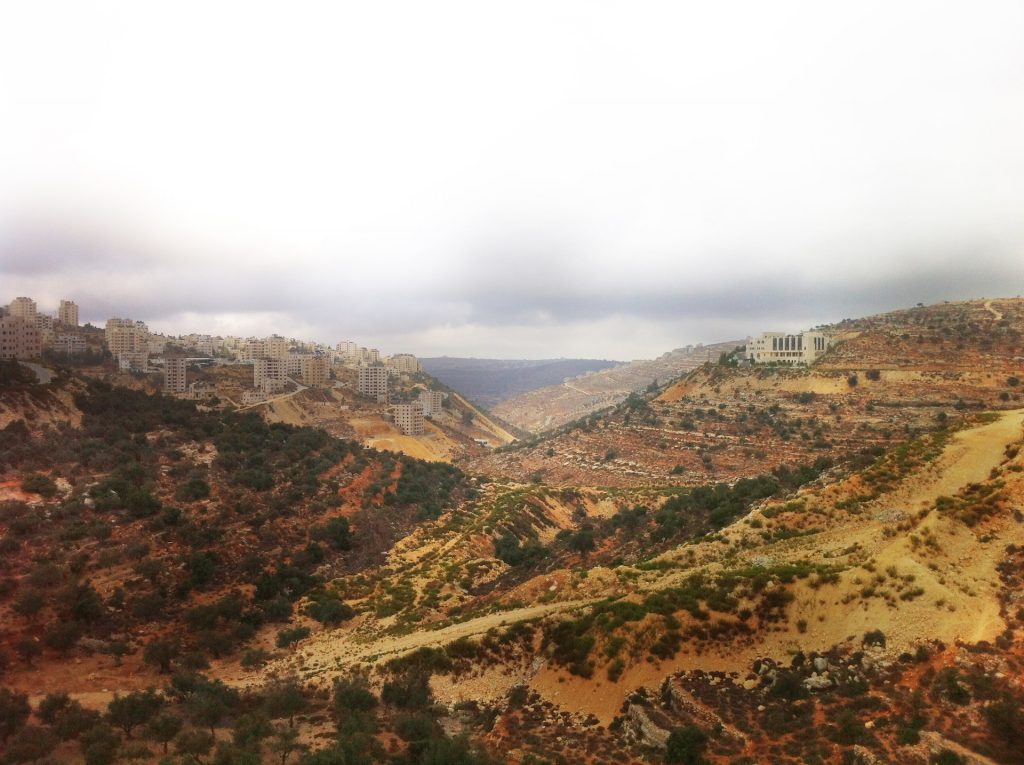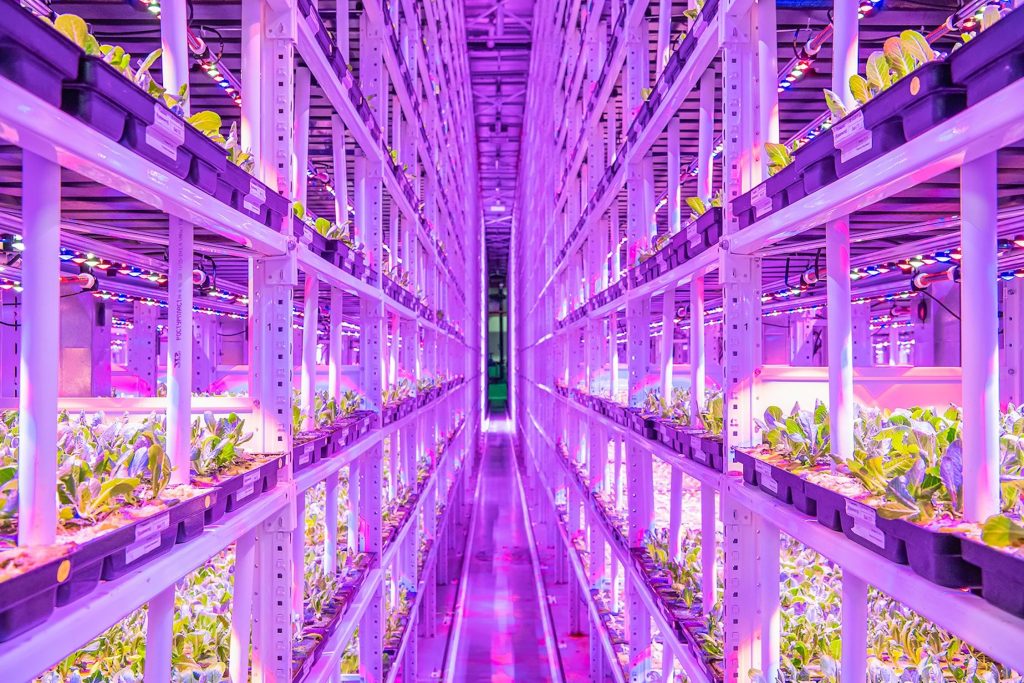
Climate adaptation is a collaborative effort
Day three at ECCA 2025 was all about collaboration and coordinated effort among institutions, public authorities, and stakeholders at all levels, towards the common good of enhancing resilience in our communities and cities. Adapting to climate change means aligning scientific insight with governance, finance, urban planning, and community voices. It also requires collaboration among different disciplines, with climate scientists collaborating with designers, architects, health experts, biologists, and even artists to bridge the gap between science and communities.

